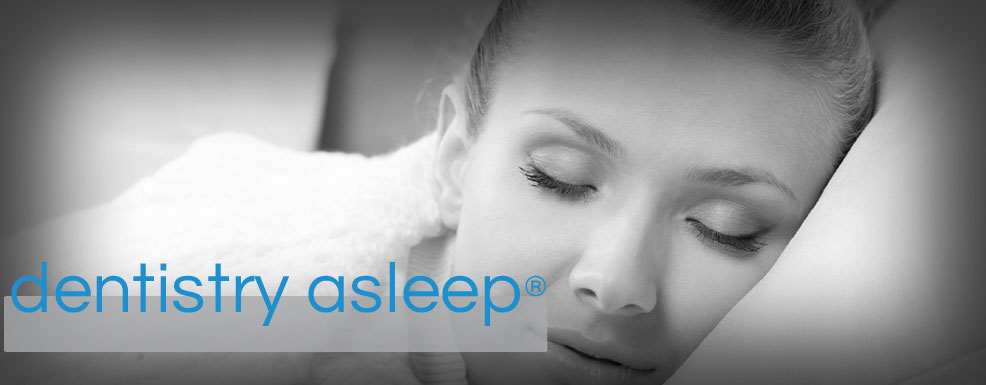 It’s old news at this point. For years, we’ve seen report after report on the effects that cigarette smoking can have on your body and your teeth. In recent years, there’s been an uptick in the use of alternatives to smoking, from smokeless tobacco to vaping. We asked a sedation dentist to weigh in on the effects that different forms of smoking can have on your oral health.
It’s old news at this point. For years, we’ve seen report after report on the effects that cigarette smoking can have on your body and your teeth. In recent years, there’s been an uptick in the use of alternatives to smoking, from smokeless tobacco to vaping. We asked a sedation dentist to weigh in on the effects that different forms of smoking can have on your oral health.
Cigarettes: First Things First
Cigarettes are the first and most obvious thing that people think of when it comes to smoking. Aside from the well-documented overall health risks caused by cigarette smoking, it can have a notable impact on your oral health through:
· Gum Disease: Smoking impacts the attachment of your gums to your teeth. As pockets form between your teeth and gums, plaque can get stuck in them and begin to eat away at the bone supporting your teeth. As this progresses, it can result in receding gums, loose teeth, and eventual tooth loss.
· Oral Cancer: Cigarette smoking contributes to about a third of all cancer cases in the US each year. From a dental perspective, smoking is a major risk factor for different cancers of the mouth and throat.
· Delayed Healing: Smoking inhibits the body’s ability to heal itself. If you are having any type of oral surgery, smoking will impede the time it takes the surgical site to heal, leaving the body open to potential infection.
Are Cigars Safer?
Any form of tobacco smoking has detrimental effects on your oral health. Although most people do not inhale cigar smoke, thereby not letting it reach the lungs, it can have many of the same dental effects that cigarettes do.
Cigar smoking can still result in:
· Gum disease
· Tooth loss
· Oral and throat cancer
· Stained teeth and bad breath
Is It Fine if I Chew? I’m Not Inhaling It
Many think that smokeless (or chewing) tobacco products are safer than cigarette smoking as they as not inhaled. Unfortunately, smokeless tobacco is not any safer.
Smokeless tobacco is linked to:
· Cance: Most of the same chemicals that are found in cigarette smoke are also found in smokeless tobacco, from those contributed through its manufacturing to those intrinsic to the tobacco itself. Almost 30 cancer-causing chemicals have been found in these products. Due to how it is used, smokeless tobacco has been linked to cancers in other portions of the mouth, such as the cheeks, gums, lips, and tongue.
· Tooth Decay: Some smokeless tobacco products have added sugars which can eat away at your enamel.
· Heart Disease: Certain forms of smokeless tobacco can raise your heart rate and blood pressure. There is evidence suggesting that the long-term use of these products increases your risk of having a heart attack or stroke.
Is Vaping Any Better?
Vaping is the newest alternative to smoking and is still undergoing study regarding its long-term effects on overall health. The risks of vaping largely seem to be found in the makeup of the liquids being inhaled. Since they are developed differently, it is hard to ensure consistency in what you’re inhaling.
Per the Surgeon General, some products have been found to have:
· Chemicals used for flavoring which have been linked to chronic lung disease
· Metals like lead and nickel
· Very fine particles that can be inhaled and irritate the lungs
You only get one set of teeth and it’s important to consider how your actions affect them. The more you know about the alternatives to cigarette smoking, the better informed you can be with your choices and how they impact your health in the long-run.
About the Author
Dr. Kevin Dann has committed his life to the pursuit of expert, safe, comfortable dentistry. As both a professor at the University of Toronto and a practitioner, he is constantly on the forefront of the dental field and is able to provide exceptional care for his patients. He is one of a small number of Certified Specialists in Dental Anesthesia and cares greatly about giving each patient a great experience. If you’re interesting in learning more ways in which smoking and its alternatives can impact the body, reach out to him!




